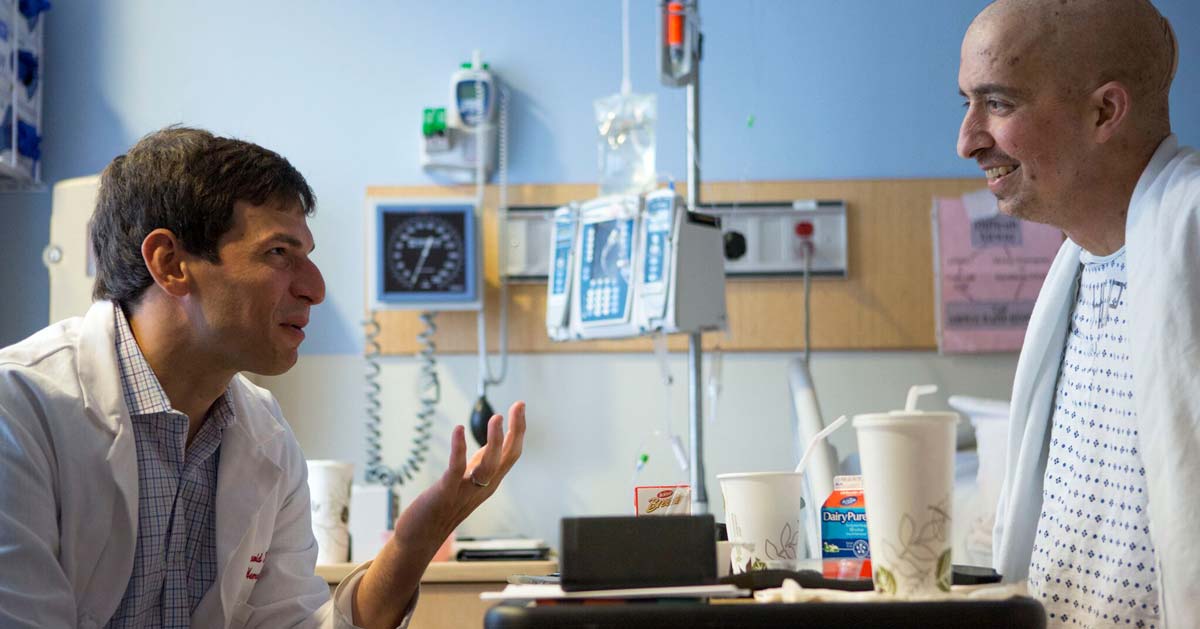When David Fajgenbaum was in medical school, he was diagnosed with an incurable illness called Castleman disease. He was 25 years old when doctors told him “there’s nothing we can do,” and a priest read him his last rites.
The disease causes one’s immune system to attack and shut down vital organs for an unknown cause and has no approved treatments or cure.
“In a last-ditch effort to save me, my doctors gave me a combination of seven chemotherapies that weren't meant for my disease,” Fajgenbaum explained in a TED Talk earlier this year.
Miraculously, the chemotherapies worked and he returned to medical school. When he relapsed later, he didn’t accept another death sentence.
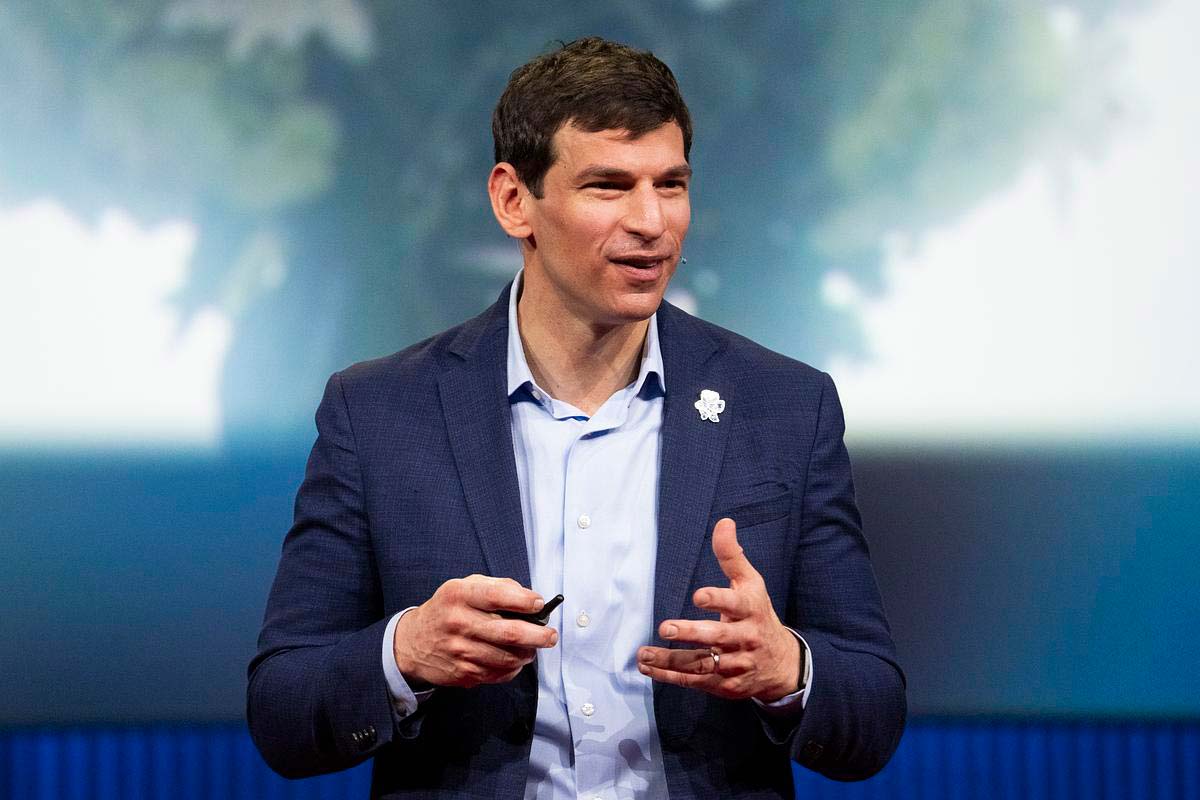
“Maybe there’s another drug, made for another disease that could also be repurposed for me,” he said.
There was. Now 11 years in remission, Fajgenbaum has dedicated his life to repurposing existing drugs to treat conditions that have otherwise been deemed untreatable, incurable.
He founded Every Cure, a nonprofit that uses artificial intelligence to find new uses for generic and off-label drugs, democratizing safe and effective treatments, especially for people suffering from untreatable diseases.
“The vision for Every Cure is that every FDA-approved drug is used for every disease that it can possibly treat,” he told Good Good Good at TEDNext in Atlanta, Georgia. “Not just the one or two that a drug company finds most profitable.”
It’s a bold effort.
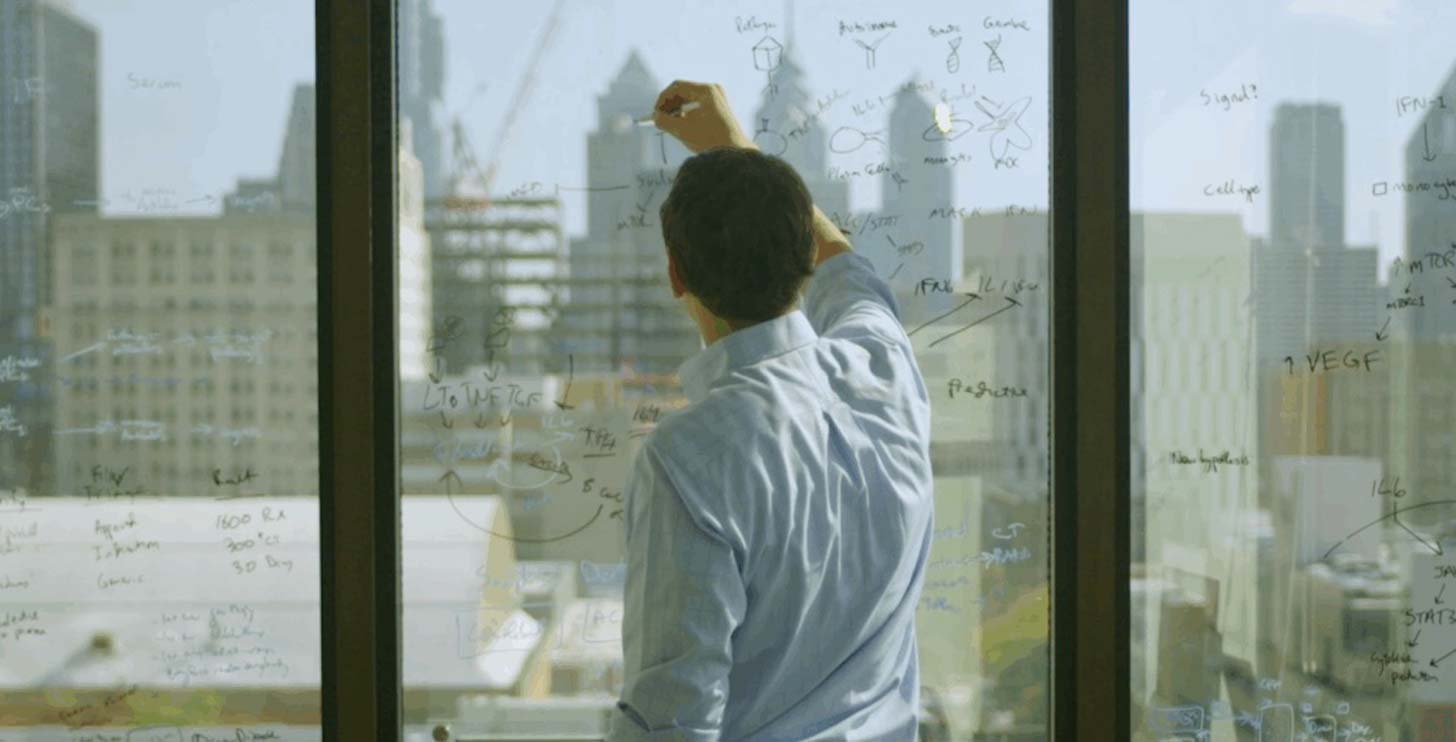
“Of the world’s approximately 18,500 recognized diseases, only about 4,000 have FDA-approved treatments. More than 300 million people globally suffer from diseases without treatment, while many, many more struggle with undertreated diseases where existing cures are expensive, burdensome or inaccessible,” a write-up from TED’s Audacious Project, which connects donors to fund Every Cure's development, said.
Every Cure is the beneficiary of a $60 million funding commitment through TED's Audacious Project.
“Developing new drugs is an extremely costly process, requiring between $1-2 billion and 10-15 years to bring to fruition, and facing a 90% failure rate.”
Instead, Every Cure uses AI to quantify the likelihood of every one of the 4,000 FDA-approved drugs to treat every one of the 18,500 diseases.
That adds up to about 75 million possibilities — all given a score for Every Cure scientists to review.
“[AI] allows our medical team to just look at the things at the top of the list,” Fajgenbaum explained to Good Good Good. “Us humans couldn’t really come up with 75 million calculations, but we also really wouldn’t know where to start if we didn’t have a starting place. The AI scores give us a starting place.”
Once its AI model identifies top contenders for repurposing, Every Cure generates the evidence they need through clinical trials and lab studies, eventually changing clinical practice guidelines, which is what doctors consult for treatment recommendations.
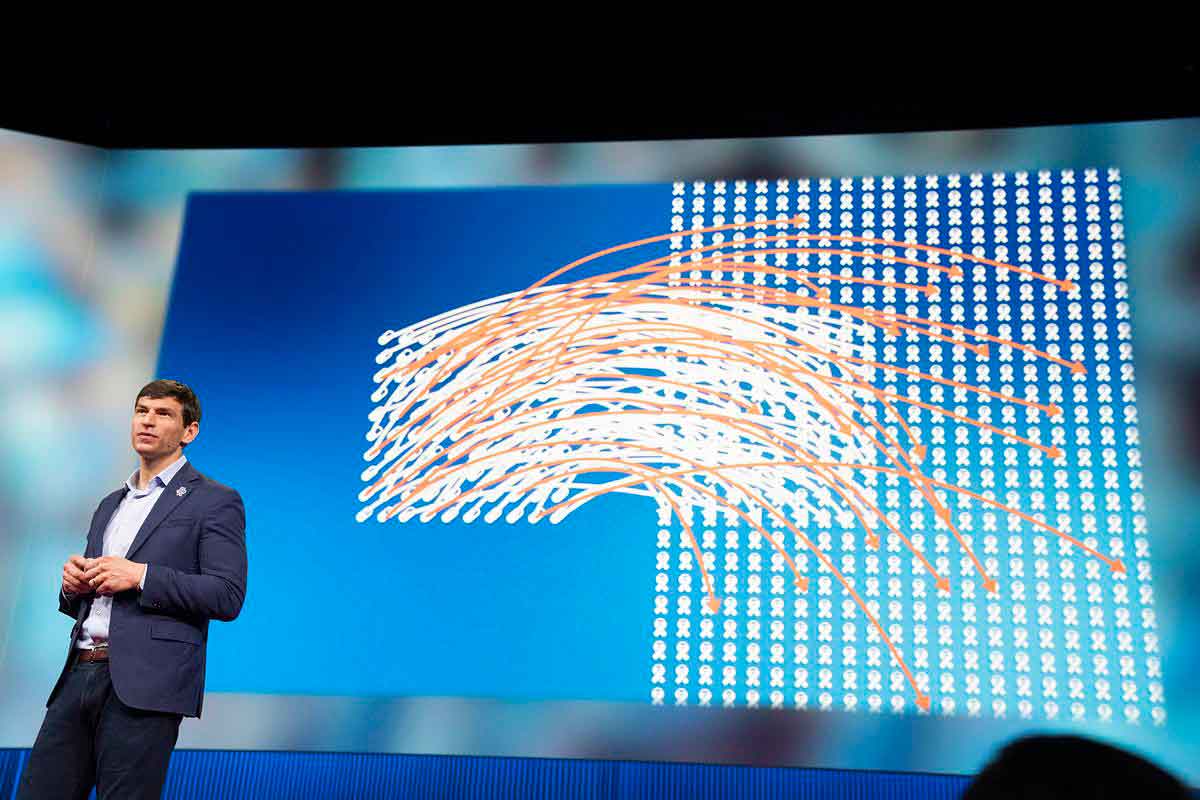
In some cases, the Audacious Project said, the group will pursue official FDA label-change, or they’ll use off-label prescribing, which is already how about 30% of most drugs are prescribed.
Many diseases also share common mechanisms in the body, and most drugs bind to over 30 proteins, meaning that there are real chances for drugs to be repurposed with success.
“Though diseases like leprosy and myeloma may appear very different, they can actually share the same underlying problems or mechanisms in the body, and can therefore be treated with the same drug,” Fajgenbaum said in his TED Talk.
“And amazingly, doctors can prescribe any FDA-approved drug for any disease where they believe the benefit outweighs the risk.”
But up until now, drug repurposing or off-label prescriptions have “relied on serendipity” or focused on specific diseases.
“Every Cure works to flip this process and look for shared connections between all 18,500 existing diseases and all 4,000 approved drugs simultaneously,” the Audacious Project said.
“Shared connections aren’t always obvious, but advanced AI allows Every Cure to maximize the chance of finding effective drugs, searching the forest for low-hanging fruit instead of one tree at a time.”
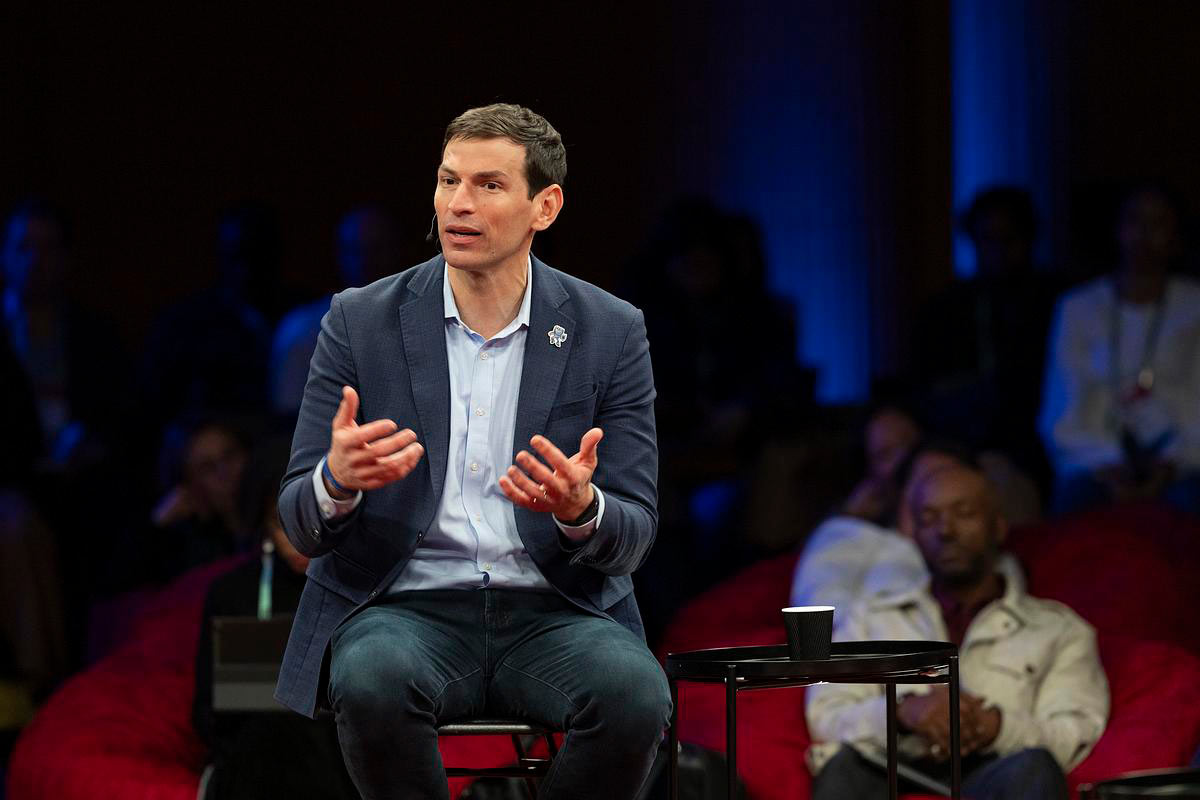
Fajgenbaum said the organization has been taking baby steps, working through an independent nonprofit model, considering that drug companies lack the financial incentive to study generic or off-patent use of medications for new treatments.
Over the last 15 years, Every Cure has helped advance 28 repurposed drug programs, 14 of which were directly led by Fajgenbaum. These include the use of lidocaine for breast cancer; folinic acid for deficiencies associated with speech and other neurodevelopmental delays; beta blockers for neurodegenerative diseases; and more.
“There’s hundreds of unmatched treatments and there’s millions of patients who can benefit from them,” Fajgenbaum told Good Good Good.
“We’re taking it one program at a time. We’re up to nine [proven] programs right now for drug repurposing opportunities, and we’re just going to keep … trying to make as much impact as possible.”
Every Cure will unlock generic repurposed treatments for an estimated 15-25 diseases by 2030.
And it all comes back down to the last shred of optimism Fajgenbaum had in what he believed to be his final breaths.
“Even when the world thinks there’s no more hope,” Fajgenbaum said in an on-stage discussion at TEDNext, “there might be a solution as close as your neighborhood pharmacy.”
You may also like: 5 ways artificial intelligence is actually being used for good
Photo courtesy of the Audacious Project
